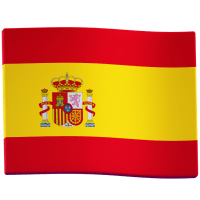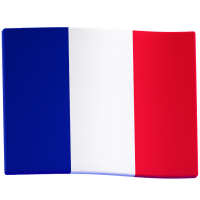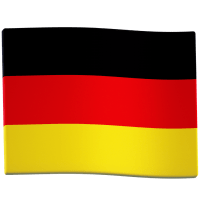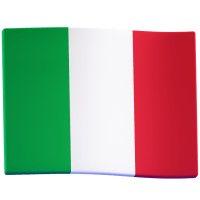German words you need to know to build your German vocabulary
German words: How many words are in the German language?
Nevertheless, German is known for its very long, compound words. A compound word is formed when two words (or sometimes even more) are used together to create a new meaning.
Here are a few compound German words to start learning.

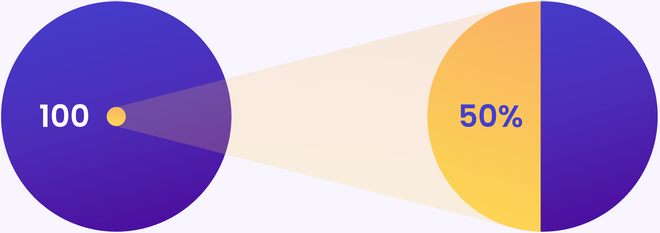
When you know the most common 100 German words
You can understand 50% of the texts written in German
Top 10 most common German words pronounced by fluent German speakers
1. Hallo = Hello
Let's naturally start with "Hallo" which means "Hello" in German. This is one of the most known words in German and a great way to start a conversation with someone from Germany. Click play below to listen to the actual pronunciation:
Hallo
2. Liebe = Love
Love is a universal feeling and we definitely had to talk about it here. German people have a lovely way of saying they love someone or something through the word "Liebe". Hear it in action here:
Liebe
3. Glück = Happiness
When there's love, there's definitely happiness. We are all chasing "Glück" as German-speaking people would say. Listen closely and you might just get some “Happiness” in your life today:
Glück
4. Katze = Cat
Let's talk pets. There are two types of people in the world: cat people and dog people. We are going to talk about cats first or how people in Austria would say: "Katze". Listen to how it sounds like:
Katze
5. Hund = Dog
But let's not forget our lovely and loyal companions, dogs. A dog in German is "Hund", a really useful word for dog lovers worldwide. Here is how you would pronounce it:
Hund
6. Lächeln = Smile
Now it is time to smile. Or how someone from Germany would say: "lächeln". Smiling makes us happy and helps us stay healthy, so that's why we all need to smile every day. Here's the German pronunciation:
Lächeln
7. Deutscher = German
Next, let’s see how people in Germany say “German”. The correct answer is "Deutscher". Listen to how a German speaker would pronounce it:
Deutscher
8. Ja = Yes
German speakers say “yes” by simply saying “Ja”. Enhance your understanding by listening to how a person from Austria would pronounce this word:
Ja
9. Danke = Thank you
A single “thank you” is all you need to make people smile everywhere you go. Here’s a fluent speaker thanking you in German:
Danke
10. Tschüss = Goodbye
No polite conversation can end without a proper goodbye or “Tschüss” – how German people usually say. Here's how to correctly pronounce it:
Tschüss
Improve your German vocabulary online


How to learn German words effectively

German words related to 'places'
German words related to 'time'
German words related to 'eating out'

The most beautiful 10 German words
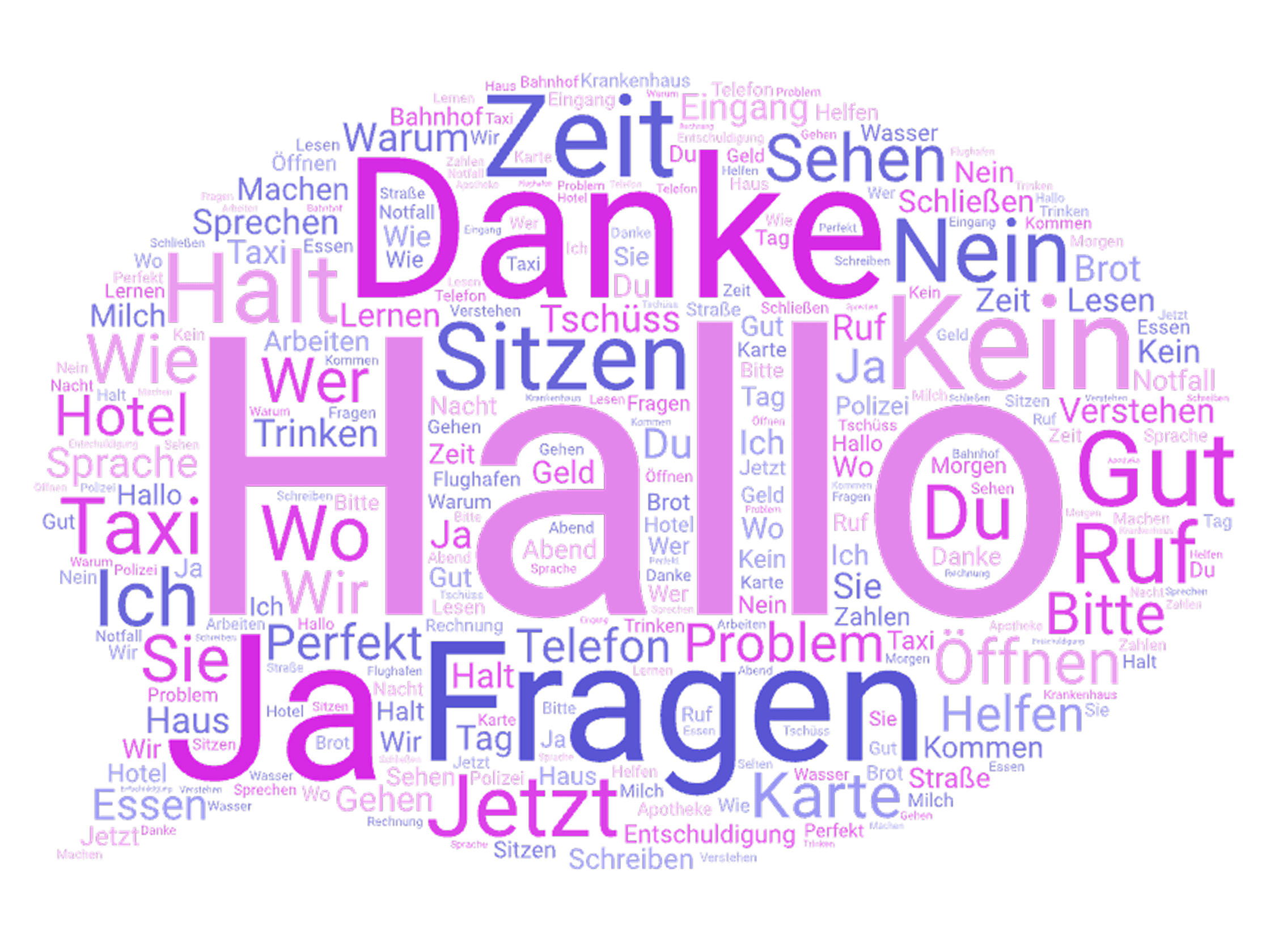
● Sehnsucht – to yearn for, to crave
● Torschlusspanik – last-minute panic
● Zeitgeist – the defining spirit or mood of a particular period of history as shown by the ideas and beliefs of the time
● Reisefieber – travel fever
● Wanderlust – the desire to travel the world; similar to Reisefieber
● Luftkuss – an air kiss, blown kiss, or thrown kiss
● Augenblick – a super short moment
● Vorfreude– joyful anticipation
● Waldeinsamkeit – sublime and peaceful feeling you get while being alone in the woods
● Vergangenheitsbewältigung – coping with the past

Why learn the most common German words first?

Make German learning fun and easier
Starting with the German basics means you will begin by learning the easiest words first and gradually increase difficulty. This way you will feel great while learning and see how your language knowledge broadens.

Have basic German conversations in no time
You'll be able to speak to someone from Berlin or Vienna about regular topics like weather, politics or family. This will make you confident in your German skills and eager to learn more.

Become fluent in German faster
By learning the most common German words first you are learning the smart way. Why learn the most unusual words in German when you might never use them in real life?

Basic German verbs
Each new German word you learn piles up until your vocabulary builds stronger and stronger. Each lesson gets you one step closer to fluency.








